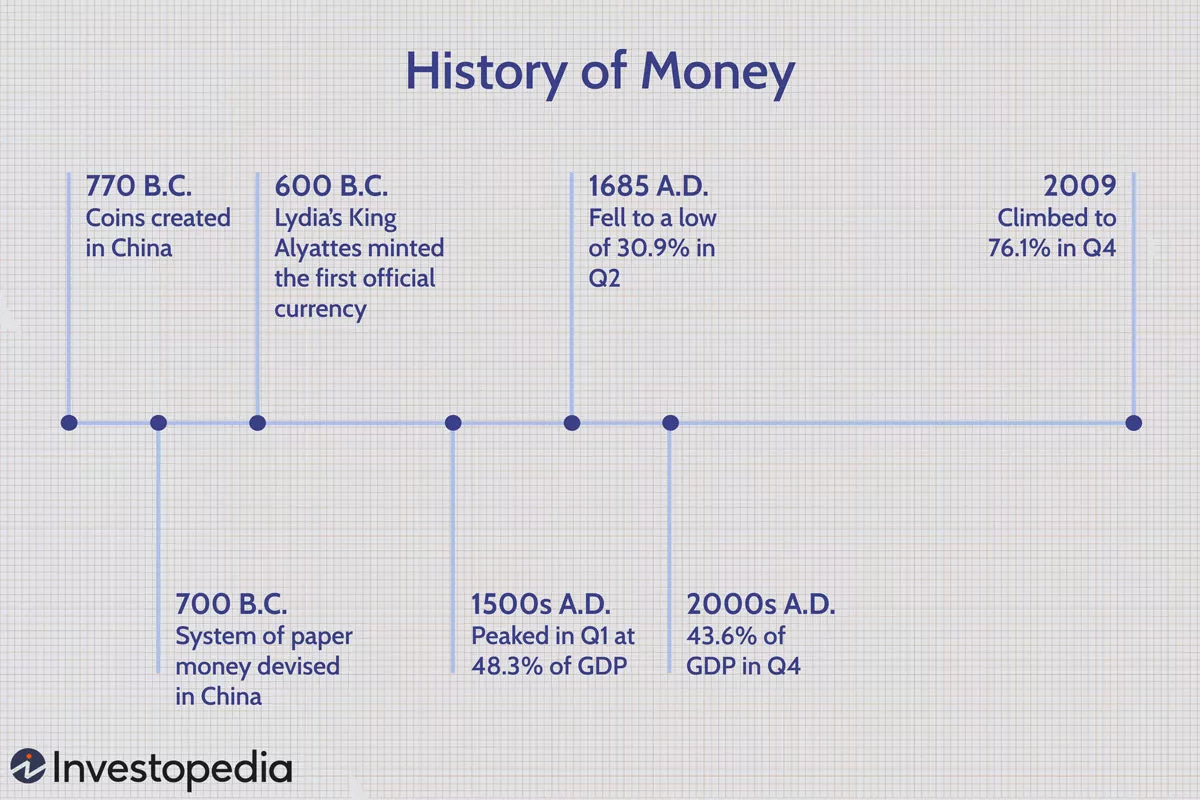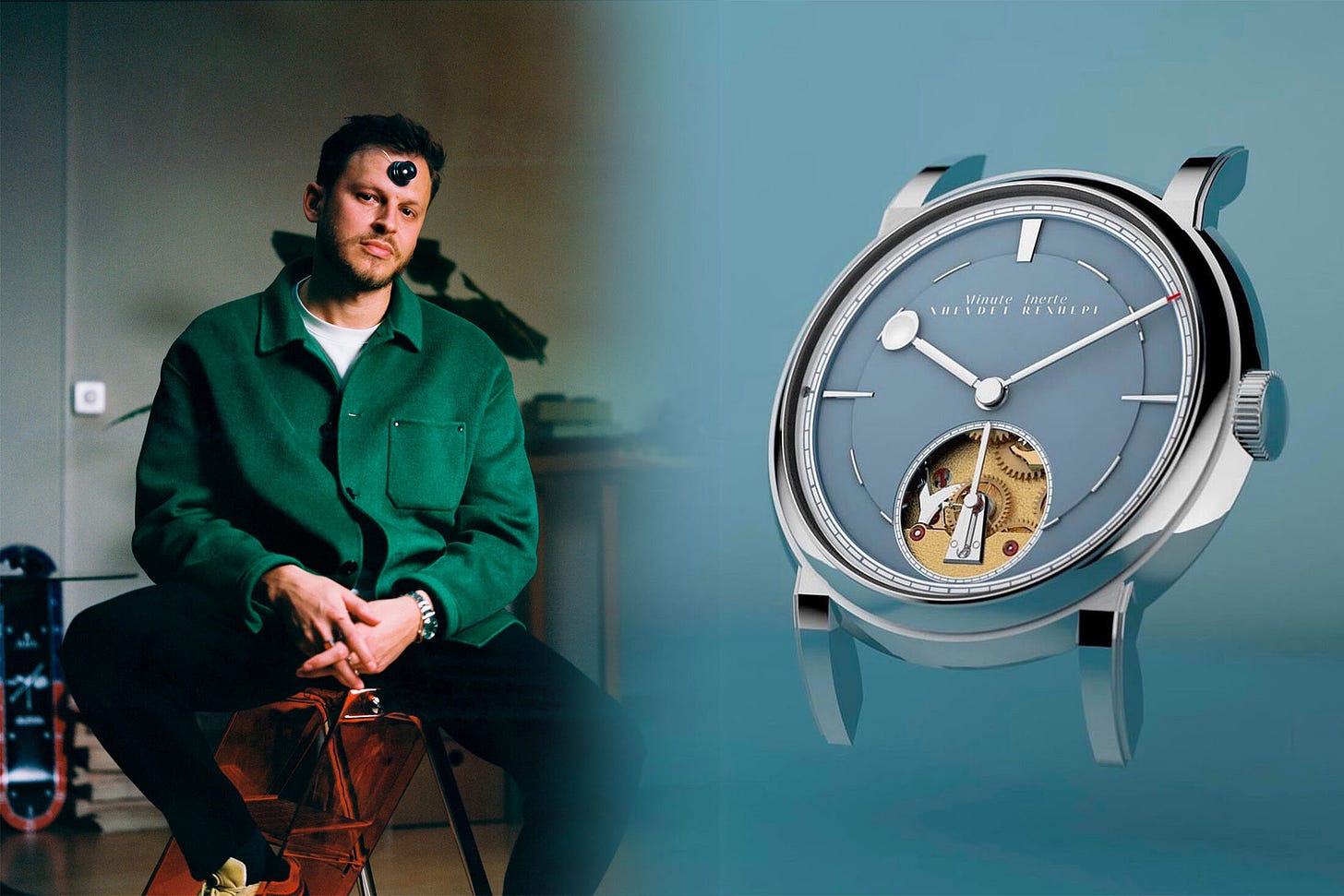Wealth, money, jobs, hard work
Along with a little bit of Thoreau and Sinek to fill your boots
Fair warning… this is a weird post, a mishmash of concepts. You might even come out with a better conclusion than I did… so here goes. If you wanted to get rich, how would you do it? If you succeed and become rich, will you automatically become wealthy too? As a short aside on the same subject, here’s another story you can save for later… (short one!)
Anyway, back to the idea of making a lot of money; many will agree the likelihood increases for entrepreneurs. Few ever make ‘outlier’ sums of money by working for other people, or in corporate day jobs. Sure, one can make a lot of money as a corporate executive or employee, but proper fvck you money comes through equity1.
Let’s say you start or join a new company… Basically, this ‘startup’ will aim to solve some sort of problem, thus creating net value. Then what? When does this stop being a startup? Why does a startup start small?
Henry David Thoreau wrote in Walden:
“The cost of a thing is the amount of what I will call life which is required to be exchanged for it, immediately or in the long run.”
We will come back to Thoreau at the end.
What are you signing up for?
Objectively, if you’re pursuing a startup, you should expect to work like an absolute fiend. You cannot expect to create supernormal value without putting in supernormal efforts. You could, instead, work in a typical day job for 30-50 years… earn a salary, and work much less intensely - but in a startup, this tends to be compressed into fewer years of … pain!
As an example, a very smart student could, at a minimum, work in a bank after graduating, maybe earn at least ~ £100,000 per year… and this means, the graduate pursuing a startup ought to be doing at least £100,000 work of work to have their company break even! Then, they could possibly work at least 2-3x more efficiently because there is no corporate BS such as admin and process to slow them down.
Through my own experience, I can tell you there is at least 3x more churn due to management oversight - where you have a lot of work recycled, reworked and vetoed. Finally, there is the main reason one might choose to go start something: people who are actually just far more valuable than the job description expects them to be - lets say that’s worth 3x too. If a very smart person is worth £100,000 per year… I say x2 x3 x3 and round up… to suggest a very smart person pursuing a startup should be able to deliver work worth around £2m per year2.
I hope it is quite obvious that the precise numbers in this crude calculation are not really salient… it is the methodology that is important… the multiples may be a third lower, or even double what I suggested… but there is a multiple.
You might just be tempted to close this page, writing this off as utter fantasy, but you have to understand, this is about tail-scenarios. These people have no lives, have no friends, and often sleep much less than normal folks. It isn’t hocus pocus, that certain individuals are able to deliver so much more than others… the whole notion of ‘trading time for money’ can’t be hacked. If you’re going to make a million pounds, you suffer a million pounds’ worth of work. you could earn that over ten years at a job, and possibly over 2 years in a startup with more upside - but the 2 years in the startup will be an awful lot more stressful, that’s for sure. If it was easier than that, everyone would do it!
What about the billions?
Even if £2m seems high to some… there are tail scenarios even closer to the edge. How about billionaires, like Bill Gates?
Let’s just address this elephant in the room… I wrote briefly about Bill Gates in this post, and frankly, there is no point using famous billionaires as examples because they are outliers - proven by the fact that there is selection bias present in determining their fame. For every Bill Gates, there are several more such people who failed to become Bill gates. Besides, despite Bill Gates being a smart, hard working guy, he is also just: lucky!
Back in the day, Microsoft established itself as a significant player for computer programming languages, notably with an interpreted version of the BASIC language that had become the default standard on nearly all PCs. Separately, Digital Research Inc. (DRI) had become the leading operating system vendor with its CP/M (Control Program for Microcomputers) operating system.
In July 1980, prior to the IBM PC known as “Project Chess”3 being approved, IBM sent a team to meet Microsoft. You can read this fascinating story here for all the juicy details, but the short version is that Microsoft happens to have benefited from one of the most simple errors back then: the licensing deal for DOS. IBM didn’t ask for exclusivity on DOS, and they should have, because Microsoft would still have signed the deal and made a lot of money (given DRI existed as competition).
Instead, IBM who was a massive player, gave Microsoft control of the PC standard, and effectively allowed Microsoft to freely make cash anywhere else, too! From that moment onwards, all Microsoft had to do was execute. If IBM did not make this mistake, Microsoft would absolutely still have been a successful company - but it simply could not have grown as large as it did, as quickly. Bill Gates would be rich, but not in the top 5 richest people for decades running.
Money Is Not Wealth
What is wealth? For starters, wealth is not the same thing as money4. Wealth began when human history began. Bees have wealth. Money is a more recent creation, relatively speaking.
Wealth is a basic concept… Wealth is what you actually want, not money. Food, shelter, clothing, watches, holidays to awesome places…. But you can also have wealth without having lots of money. Wealth is actually an ever-evolving and multifaceted concept which encompasses a wide spectrum of valuable resources and assets that contribute to the prosperity of individuals and societies.
Yes, financial assets are a part of it, but wealth extends beyond material possessions to encompass intellectual property, skills, knowledge, social connections, and opportunities for personal and collective growth.
At its core, wealth is more than material abundance; it is a holistic enrichment of life that empowers individuals to leave lasting legacies, make meaningful contributions, and create a positive impact on the world around them.
If you had a genie who could grant you unlimited wishes, you wouldn't need money. Conversely, if you were stuck in the middle of the Sahara desert without anything, it wouldn’t matter how much money you had in a bank somewhere.
Still, money is simply a form of exchange. In general, most of what you need, you can't make yourself. If you want a tomato, an iPhone, a BMW or a house… you have to get it from someone else. You could try and find a tomato farmer, and trade some of the widgets5 you make - but what if he doesn’t need your widgets? There’s a whole post about this here, but the solution is of course, something of mutually agreed value. All it needs to be is rare and portable - previously we used precious metals, and today we use government-issued currency which has its ‘rarity’ guaranteed by the government.
This enables trade…. but don’t forget: businesses do what people want, and in return they make wealth.
The zero-sum lie
So many people grow up thinking that total wealth in the world is fixed. This is false, of course. Yet again, the abstraction of money confuses people. Money is not wealth, but instead, something we use to move wealth around. So although there may be a finite amount of money available to trade with other people for things you want, you can still make more wealth. Wealth has been getting created and destroyed for all of human history.
Think about Rexhep Rexhepi, taking pieces of metal and working on them - clearly he has not made anyone else poorer as a result of buying the metal and tools to make the watch. He spent his time learning a skill, then honing it, then deploying it… and eventually he created wealth. This isn’t even metaphorical… if he sells his final piece of metal, he will get more than it cost!
In working on these pieces of metal, Rexhep made himself richer, and did not make anyone else poorer - so obviously this is not a zero-sum game.
Rexhep, and independent watchmakers in general, are a good analogy for wealth creation. Aside from all the intangible nonsense, they genuinely do create something from nothing, broadly speaking. Plus, with the rise of industrialisation and the pursuit of profit over everything else, there are fewer and fewer of these people… so-called ‘craftsmen’.
Another example is probably software developers or programmers. They can type some code into a computer, and create wealth. A good piece of software is, in itself, a valuable thing. If someone sat down and created a website which was able to transact on watches safely, this would create wealth.
In some ways it is probably also obvious to people like independent watchmakers, how the rate at which they create wealth will vary hugely. Take the recent Dufour story and how he’s trying to capture lost value in his twilight years. Contrast that with Rexhep versus his brother Xhevdet, who is capitalising on the former’s hard work to accelerate his own progress. This is why many of the more sensible watchmakers are libertarians...
Wealth can be created without being sold. Scientists, till recently at least, effectively







